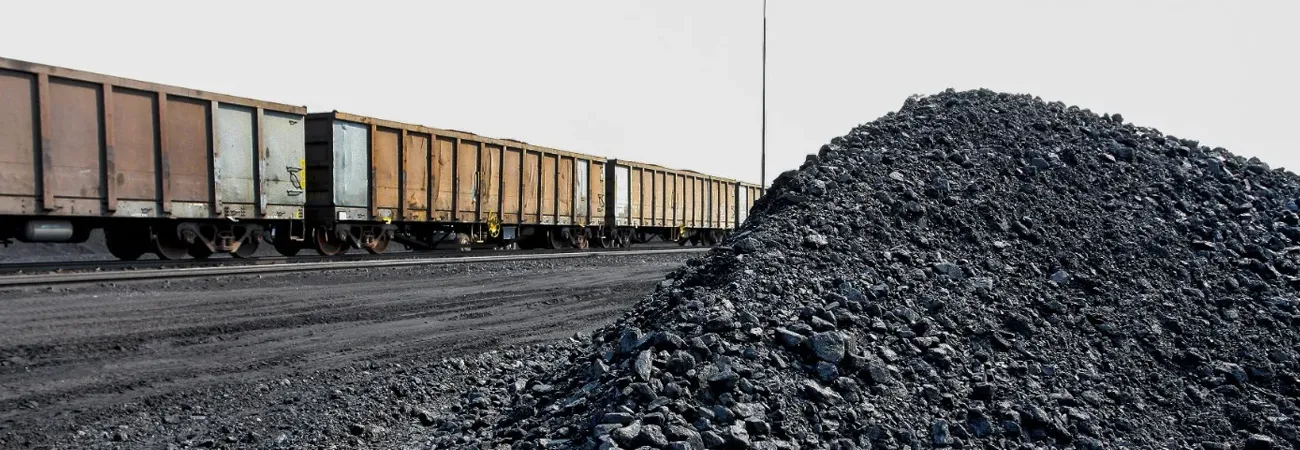i ECONOMY
Pakistan has long been grappling with energy shortage apart from high energy prices. Despite these challenges, the growing proportion of domestic coal in the overall energy production landscape carries promising economic benefits. This trend is expected to conserve foreign exchange reserves and foster a thriving market for coal production and supply in the country. Talking to WealthPK, Alam Zeb Khan, Senior Joint Secretary at the Ministry of Energy, says Pakistan aims to further increase the contribution of domestic coal in its electricity fuel mix, with the primary goal of reducing the foreign exchange expenditure on imported electricity generation, currently accounting for around 30%. The following graph shows that the production of coal has risen over the past couple of years. Pakistan has achieved significant advancements in coal-based power generation, he points out.
The country has an installed capacity of 3,300MW, derived from five power plants utilizing Thar coal. Operational since 2017, four notable coal power plants, namely the Huaneng Shandong Ruyi-Sahiwal Coal Power Plant, Port Qasim Coal-fired Power Plant, HubCo Coal-fired Power Plant, and Sindh-Engro Thar Coal Power Plant, contribute to this progress. This progress, the senior joint secretary mentions, is helpful for the economy in various ways. The development and utilization of domestic coal resources are stimulating economic growth by creating new jobs in the coal production and supply chain. Moreover, apart from saving precious foreign exchange reserves, reducing dependence on imported energy sources leads to a more stable and self-reliant energy sector, thereby fostering long-term sustainability. He admits that reliance on domestic coal for energy production highlights the challenges Pakistan may face while addressing the global concerns for climate change. The country will need to emphasize offsetting options to meet its carbon-emission targets.
"Amidst the fluctuations in global oil prices due to geopolitical conditions like the Russia-Ukraine conflict, the country can no longer risk its energy security by relying predominantly on foreign sources of energy. However, the rising carbon emissions as a result of the increased use of coal can be compensated by launching plantation drives." Praising China's efforts toward reducing energy shortages in the country, he mentions the Shanghai Electric Thar Plant. "The Shanghai Electric Thar plant, a facility with a capacity of 1.32GW operating on indigenous coal and financed as part of the China-Pakistan Economic Corridor (CPEC), has started generating power." Pakistan has an abundance of coal reserves that signifies its latent potential to produce energy through the domestic coal. The country possesses a vast coal reserve of 186 billion tons, predominantly situated in Sindh. Remarkably, the Thar desert alone, covering 10,000 sq. km, holds the world's 7th largest coal reserves, he asserts. In a nutshell, the increasing contribution of locally sourced coal to the overall energy production has favorable implications for the economy.
Credit: Independent News Pakistan (INP)









